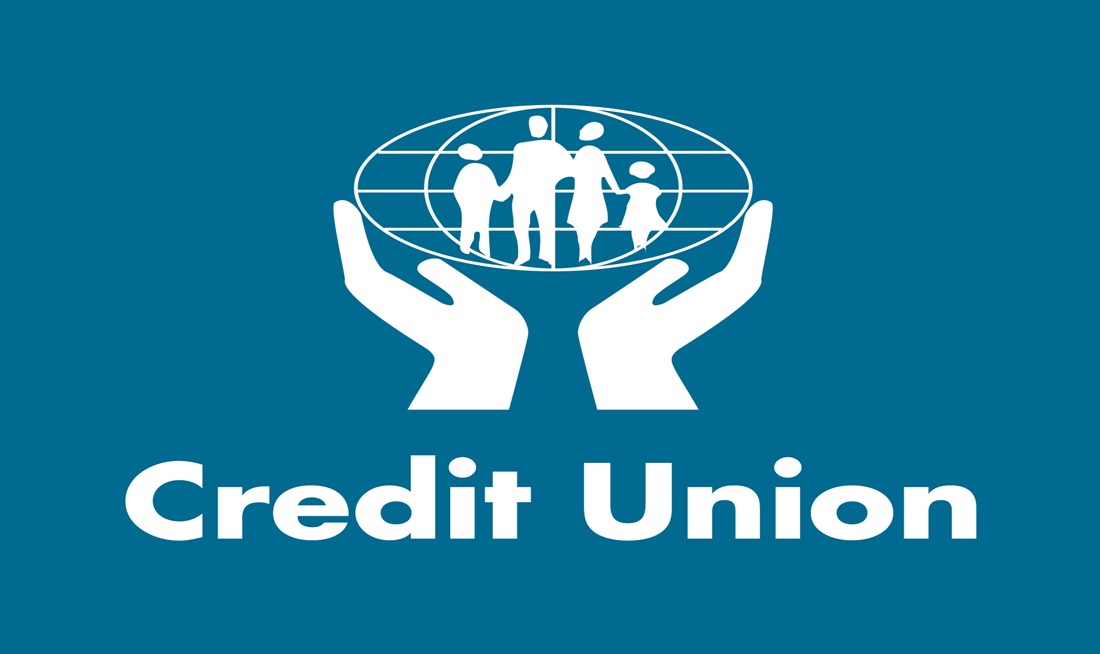How Gen Z Is Mastering Money Smarter Than Ever
Financial stress is nothing new, but the ways younger generations are navigating it have evolved significantly. With rising student loan debt, inflation affecting daily expenses, and side hustles becoming increasingly common, Gen Z is approaching adulthood with a distinctly different perspective on personal finance. According to a recent Bank of America report, 75% of Gen Zers actively track their spending—a level of financial awareness that was far less common among young adults just a decade ago.
For Gen Z, financial literacy extends beyond basic budgeting; it involves mastering money in an era shaped by cryptocurrency, social media finance influencers, and an unpredictable economic landscape. As digital natives, they are leveraging technology to enhance their financial education and take control of their futures.
This discussion examines how Gen Z is redefining traditional money management, exploring their preferred learning tools, early investment strategies, use of social media for financial insights, reliance on fintech applications, and embrace of side hustles. Whether you are a member of Gen Z or simply seeking to understand their approach, this analysis offers valuable insight into how this generation is reshaping financial literacy for the modern era.
They’re Starting Young—and Staying Curious
Unlike previous generations who often stumbled into financial adulthood without guidance, many Gen Zers are learning the basics of money management early—sometimes before high school ends. This shift is partially thanks to more school programs focusing on personal finance, but it’s also due to the wide availability of online resources and tools that simplify complex financial topics.
Apps like Greenlight, which let teens manage allowances and set saving goals, are sparking early interest. YouTube channels such as The Financial Diet and TikTok creators like @HerFirst100K break down money topics into quick, digestible lessons. Gen Z doesn’t have to wait until a problem hits to learn—they’re proactively educating themselves.
What makes this approach so effective is curiosity. Instead of viewing money as a source of stress, many Gen Zers see it as a skill they can master. They’re asking questions, doing research, and applying what they learn in real-time. This culture of curiosity is laying a strong foundation for long-term financial health.
Financial Education Is Going Viral
Social media isn’t just for memes and dance trends anymore—it’s a powerful classroom. Financial influencers on TikTok and Instagram are redefining how young people learn about money. With short, engaging videos that cover everything from budgeting hacks to Roth IRAs, these creators are making finance fun and relevant.
The viral nature of content like “$5 a day can make you a millionaire” or “how to build credit in college” means Gen Z is constantly being exposed to practical financial advice in ways that feel approachable. This democratization of financial knowledge is helping to close the education gap, especially for those who didn’t grow up with strong financial role models.
But it’s not all perfect—there’s misinformation out there, too. The key is that Gen Z is becoming adept at filtering content, cross-checking facts, and looking for credible voices. They’re learning to treat financial literacy the same way they treat other life skills: by blending entertainment with education and staying engaged long enough to spot what works.
Tech Tools Are the New Financial Advisors
Gen Z thrives on convenience and customization, which makes fintech apps their go-to financial allies. Budgeting platforms like Mint and YNAB (You Need a Budget), investment tools like Robinhood or Acorns, and even savings automation via apps like Digit are helping young people take control of their money with just a few taps.
Instead of sitting down with a financial advisor (which can feel intimidating or inaccessible), Gen Z uses intuitive tools that offer real-time insights and gentle nudges. They’re setting savings goals, tracking subscriptions, investing spare change, and even learning how to trade—all from their phones.
These apps also gamify money management. Achieving a savings streak, hitting a budget milestone, or watching your net worth graph climb gives instant gratification, making personal finance feel less like a chore and more like progress. And because these platforms update constantly based on user feedback, they’re always improving—keeping Gen Z ahead of the curve.
Side Hustles and Entrepreneurship Are the Norm
Gen Z isn’t relying on a single paycheck to make ends meet—or to build wealth. Instead, they’re diving into side hustles, freelancing, and small-scale entrepreneurship to boost income and gain financial independence. Platforms like Etsy, Fiverr, and TikTok Shop have made it easier than ever to monetize creativity and skills.
From launching digital products to offering freelance writing or video editing services, young people are turning passions into profits. The shift away from the traditional 9-to-5 isn’t just about money; it’s about freedom and control over one’s schedule and financial destiny.
This entrepreneurial mindset helps Gen Z understand the value of time, taxes, profit margins, and reinvestment. In other words, their side hustles double as financial education. And even if their first ventures don’t take off, the lessons they learn along the way become invaluable for future endeavors—something no classroom can truly teach.
They’re Redefining What Wealth Looks Like
Older generations often equated financial success with homeownership, job stability, and retirement savings. Gen Z? They’re shifting the focus toward flexibility, freedom, and value-driven spending. Owning less but experiencing more is often a higher priority than accumulating stuff.
This doesn’t mean Gen Z doesn’t save or invest—they absolutely do—but they’re more intentional about how and why. Financial goals now include taking a sabbatical, traveling while working remotely, or supporting social causes. Gen Z is much more likely to align their money choices with their values, whether that’s shopping sustainably or investing in ESG (Environmental, Social, Governance) funds.
They also understand that wealth isn’t just a number in a bank account—it’s having the ability to make choices. And that mindset leads to smarter financial behaviors like emergency savings, smart debt management, and long-term planning, even if it doesn’t always look traditional on paper.
Investing Is No Longer Just for the Rich
Perhaps the most empowering trend among Gen Z is their early entry into the investing world. Thanks to apps like Robinhood, SoFi, and Public, the barriers to investing have been significantly lowered. With no account minimums, fractional shares, and user-friendly interfaces, even someone with $10 can get started.
Gen Z is learning that time in the market beats timing the market. They’re exploring index funds, ETFs, and even dipping into crypto or real estate crowdfunding platforms. Unlike past generations that waited until their 30s or 40s to invest, many Gen Zers begin in college or even earlier.
Educational content around investing has become more accessible, too. TikTok explainers, Reddit threads (like r/personalfinance), and beginner-friendly podcasts like “Girls That Invest” make learning about markets less intimidating. And with the power of compounding on their side, this early start could lead to significant long-term gains.
Conclusion
Gen Z is demonstrating that financial literacy is not defined by age but by accessibility, curiosity, and the ability to leverage available tools. From viral TikTok financial advice to fintech applications, side hustles to ESG investments, this generation is navigating money management in an innovative, strategic, and values-driven manner.
This discussion has explored how Gen Z is embracing early financial education, utilizing technology effectively, fostering entrepreneurial mindsets, and redefining traditional concepts of wealth. The key takeaway? Financial education has evolved—and for the better.
For Gen Z, the journey of financial mastery continues with ongoing exploration and skill-building. For those from older generations, adopting some of Gen Z’s tech-savvy and value-oriented approaches may offer fresh insights into modern financial management.



